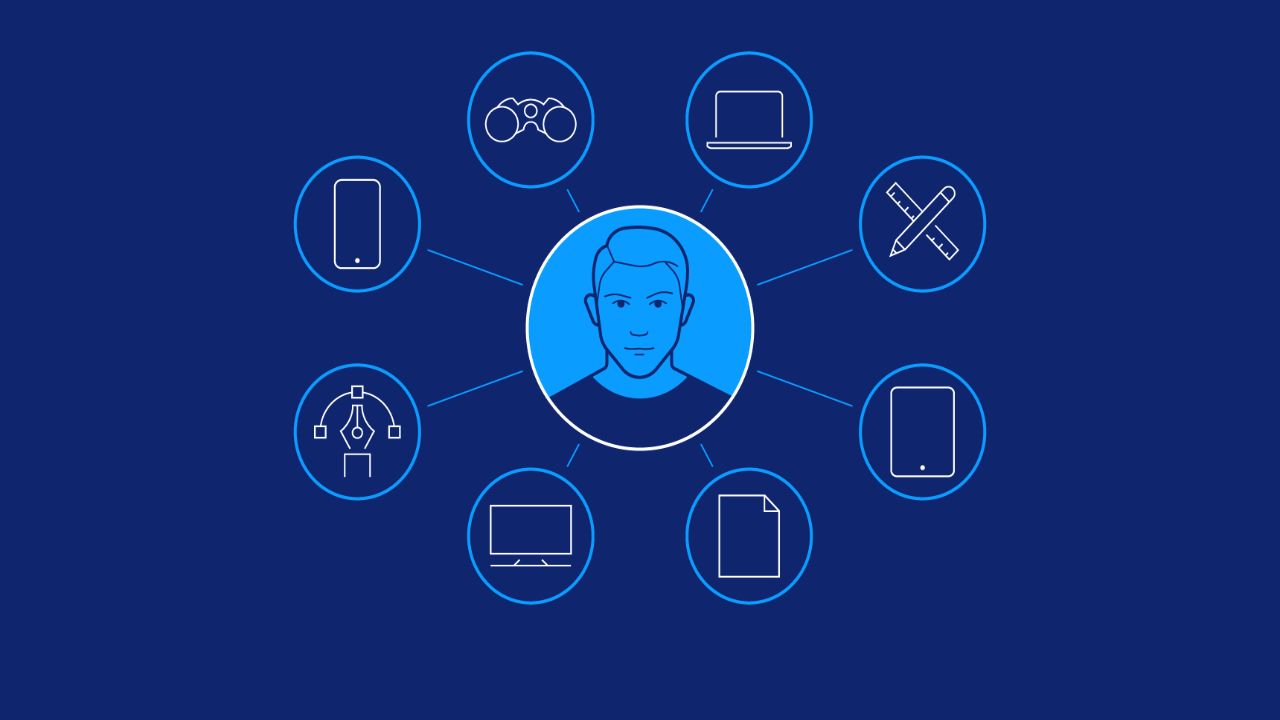In a rapidly changing world, the field of design is constantly evolving, and future designers will need a versatile set of skills and attributes to navigate the challenges that lie ahead. From embracing emerging technologies to fostering a deep understanding of human behavior, the future of design demands a dynamic and adaptive approach. Here are some key elements that future designers will need the most:
Technological Fluency

As technology continues to advance at an unprecedented pace, future designers must be technologically fluent. It means you, as a future designer, should be fluent in English too, as most tools for your work require English. Hire some good English tutor Castle Hill and hone your skills as soon as possible. Proficiency in the latest design software, virtual reality tools, and artificial intelligence platforms will be essential. Understanding how to leverage these technologies to enhance the design process and create innovative solutions will set designers apart in a competitive landscape. Embracing automation and machine learning can streamline repetitive tasks, allowing designers to focus on more complex and creative aspects of their work.
Cross-disciplinary Collaboration
The boundaries between design disciplines are becoming increasingly blurred. Future designers will need to collaborate across various fields, such as engineering, psychology, and data science, to create holistic and effective solutions. The ability to communicate and work seamlessly with professionals from different backgrounds will be crucial in addressing complex challenges that require a multidimensional approach. Embracing diversity of thought and expertise will lead to more comprehensive and innovative design outcomes.
Human-Centered Design Thinking

While technology plays a significant role, the heart of design will always be human experience. Future designers must be adept at human-centered design thinking, understanding the needs, behaviors, and emotions of users. Empathy will be a cornerstone, enabling designers to create products and experiences that resonate with people on a deep level. The ability to conduct user research, gather feedback, and iterate designs based on real-world user experiences will be paramount for success in the future of design.
Sustainable Design Practices
With an increasing global focus on sustainability, future designers must integrate eco-friendly and socially responsible practices into their work. Designing products and solutions with a focus on minimizing environmental impact, reducing waste, and promoting ethical production will be essential. Sustainability will be not only a trend but also a fundamental principle guiding the design process, as consumers and businesses alike prioritize eco-conscious choices.
Adaptability and Lifelong Learning

The pace of change in the design industry requires future designers to be highly adaptable. Continuous learning and a commitment to staying abreast of emerging trends, tools, and methodologies will be crucial. The ability to embrace change and learn on the fly will empower designers to remain relevant and innovative throughout their careers. Whether it’s mastering a new design software or understanding the implications of a breakthrough technology, the mindset of lifelong learning will be indispensable.
Ethical Design Considerations
As technology becomes more ingrained in daily life, future designers will face ethical dilemmas related to privacy, inclusivity, and the societal impact of their creations. Ethical design considerations will need to be an integral part of the design process, ensuring that products and experiences are not only aesthetically pleasing but also aligned with ethical standards. Balancing creativity with a sense of responsibility will be a defining characteristic of successful future designers.
In conclusion, the future of design is dynamic and multifaceted, requiring a blend of technological proficiency, collaborative skills, human-centered thinking, sustainability practices, adaptability, and ethical considerations. Designers who cultivate these attributes will be well-equipped to navigate the evolving landscape of design and contribute to shaping a more innovative, inclusive, and sustainable future.
